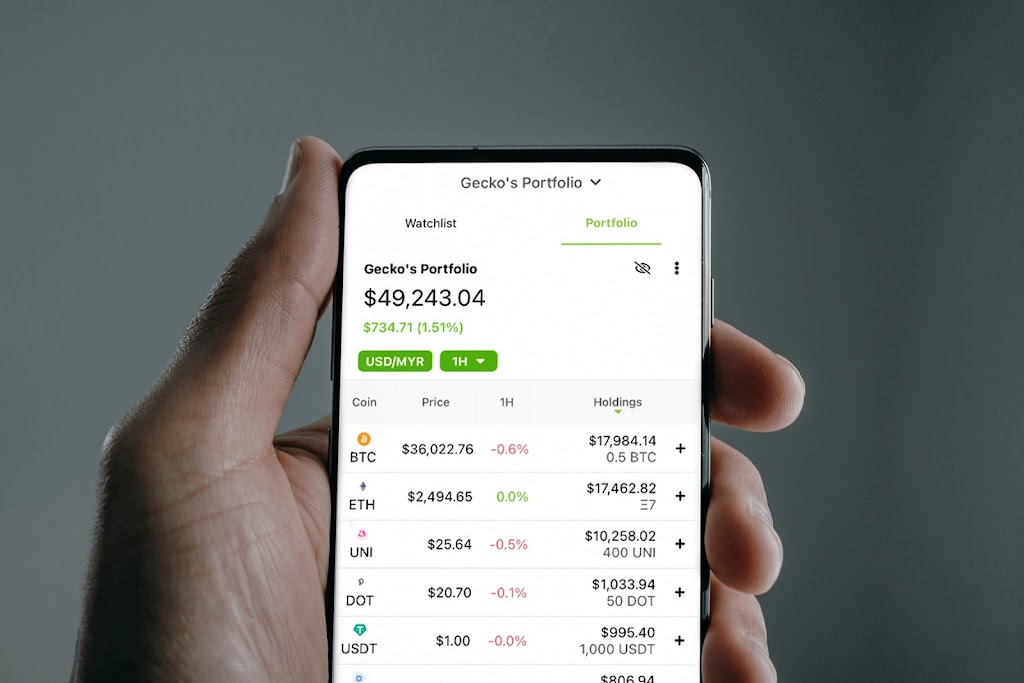Decentralized derivatives trading protocols are a new type of blockchain-based platform that allows users to trade financial derivatives without the need for intermediaries or centralized exchanges. These protocols leverage the power of smart contracts to automate the execution and settlement of trades, creating a more efficient and secure trading environment.
What Are Derivatives?
Before diving into decentralized derivatives trading protocols, it’s important to understand what derivatives are. A derivative is a financial instrument that derives its value from an underlying asset, such as a stock, commodity, or currency. Derivatives can be used for hedging, speculation, or arbitrage. Examples of derivatives include futures contracts, options contracts, and swaps.
What Are Decentralized Derivatives Trading Protocols?
Decentralized derivatives trading protocols are blockchain-based platforms that enable users to trade financial derivatives in a peer-to-peer, trustless manner. These protocols use smart contracts to automate the execution and settlement of trades, eliminating the need for intermediaries such as brokers and clearinghouses. This creates a more efficient and transparent trading environment, with lower transaction fees and reduced counterparty risk.
How Do Decentralized Derivatives Trading Protocols Work?
Decentralized derivatives trading protocols work by using smart contracts to automate the trading process. When a user wants to enter into a trade, they create a smart contract that specifies the terms of the trade, such as the underlying asset, the expiration date, and the strike price. The smart contract is then posted to the blockchain, where it is visible to all participants in the network.
 |
Other users in the network can then view the smart contract and choose to accept the trade or create a counteroffer. When both parties agree to the terms of the trade, the smart contract executes automatically, without the need for a central authority. The smart contract handles the transfer of funds and the settlement of the trade, which is recorded on the blockchain.
Benefits of Decentralized Derivatives Trading Protocols
There are the hype in decentralized derivatives trading which is driven by the unique features and benefits that blockchain technology can provide to derivatives trading. Decentralized derivatives trading protocols offer several benefits over traditional derivatives trading:
1. Decentralized
Decentralized derivatives trading protocols are not controlled by a central authority, meaning that they are more resilient to censorship and manipulation.
2. Transparency
Decentralized derivatives trading protocols are transparent, with all transactions recorded on the blockchain. This creates a more accountable and trustworthy trading environment.
3. Lower fees
Decentralized derivatives trading protocols typically have lower transaction fees than centralized exchanges, as there is no need for intermediaries.
4. Trustless
Decentralized derivatives trading protocols are trustless, meaning that users do not need to trust a central authority or counterparty.
5. Interoperability
Some decentralized derivatives trading protocols are interoperable, meaning that they can be used with other blockchain-based platforms and applications.
Challenges of Decentralized Derivatives Trading Protocols
While decentralized derivatives trading protocols offer several benefits, they also face several challenges below.
1. Liquidity
Decentralized derivatives trading protocols may struggle to attract liquidity, as they are still a new and emerging technology.
2. Complexity
Decentralized derivatives trading protocols can be complex and difficult to use for non-technical users, which may limit adoption.
3. Regulatory uncertainty
Decentralized derivatives trading protocols may face regulatory uncertainty, as they operate outside of traditional financial systems.
Examples of Decentralized Derivatives Trading Protocols
There are several decentralized derivatives trading protocols in existence today, including:
1. Synthetix
Synthetix is a decentralized derivatives trading protocol that enables users to trade a variety of synthetic assets, such as synthetic stocks, currencies, and commodities.
2. dYdX
dYdX is a decentralized derivatives trading protocol that enables users to trade futures contracts, perpetual contracts, and options contracts.
3. UMA
UMA is a decentralized derivatives trading protocol that enables users to create and trade custom financial derivatives.
